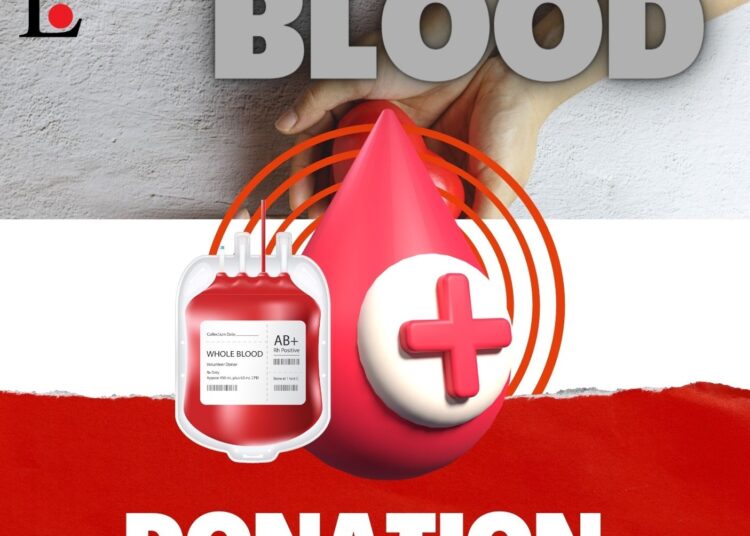Every year, since 2004, the international community marks World Blood Donor Day on June 14 to promote the importance of donating blood as a humanitarian activity. It also serves as a means of getting the attention of voluntary, unpaid blood donors to celebrate life and humanity. Not only does the day help people thank the blood donors for their kind acts, but it also raises awareness about safe blood donation practices.
World Blood Donor Day was established by the World Health Organisation (WHO) in 2004 and 2005 declared it an annual celebration to promote the importance of blood donation.
This year’s theme is “Safe blood saves lives.” It highlights the need for safe blood transfusions and the role of blood donors in ensuring the availability of safe and affordable blood.
The significance of Blood Donor Day lies in the fact that the world is continually struggling with diseases. Hence, it is crucial to promote blood donation. Many countries still depend on paid donors or family members for blood, which reaffirms the importance of encouraging more people to donate blood and help needy people. It is also important to thank and motivate blood donors to do so even more regularly.
In Nigeria, the importance of safe and affordable blood donations cannot be overemphasised. According to the World Health Organisation (WHO), Nigeria needs about 1.7 million units of blood annually, but only 25 per cent of this demand is met, leaving a huge gap that puts the lives of millions of Nigerians at risk. This gap is particularly felt in rural areas, where access to safe blood is limited, and the consequences of blood shortages can be devastating.
The availability of safe blood is critical for the success of many medical procedures, including surgeries, cancer treatments, and childbirth. It is also essential in emergencies, such as accidents, natural disasters, and armed conflicts, where the need for blood transfusions can be life-saving. However, the safety of blood transfusions depends on many factors, including the quality of blood collection, testing, processing, and storage.
In this regard, we expect the new director general of the National Blood Service Commission (NBSC), Prof. Saleh Yuguda, to bring his experience to bear on the nation’s blood donation drive. Prof Yuguda, a Consultant Haematologist, no doubt, is a thorough-bred academician and a compassionate healthcare practitioner. His exemplary contributions to teaching, research, and clinical practice have left an indelible mark on the medical landscape.
Ensuring the safety of blood donations requires a comprehensive approach that involves all stakeholders, including blood donors, healthcare providers, policy-makers, and the general public. Blood donors play a crucial role in this process by voluntarily donating blood after meeting the eligibility criteria for blood donation. Healthcare providers are responsible for collecting, testing, processing, and storing blood safely and efficiently.
Policy-makers can also contribute to the safety of blood donations by implementing policies and regulations that ensure the quality and safety of blood transfusions. These policies should include measures to promote voluntary blood donation, regulate blood banks and transfusion services, and ensure the availability of safe and affordable blood in all parts of the country.
The general public can also play a vital role in promoting safe blood donations by raising awareness about the importance of blood donation, encouraging others to donate blood, and debunking myths and misconceptions about blood donation. Every eligible person can become a blood donor and contribute to the health and well-being of their community.
Blood donation is not only impactful for the receivers but also suitable for the donors, as it helps keep their health well. After not less than 48 hours of blood donation, the body provides new blood cells, which improve overall well-being. Blood donation regularly helps donors keep their iron levels healthy, protects them from cardiovascular illness, reduces the risk of heart attacks, and identifies medical issues like anaemia or infectious disease.
As a newspaper, we see World Blood Donor Day as an opportunity to remind ourselves of the critical role of safe and affordable blood donations in saving lives and improving health outcomes. As we celebrate this day, let us renew our commitment to ensuring the safety and availability of donated blood in Nigeria. Let us work together to promote voluntary blood donation, regulate blood banks and transfusion services, and ensure safe blood is available for all Nigerians, regardless of where they live. Doing so can significantly contribute to the nation’s health and well-being.





